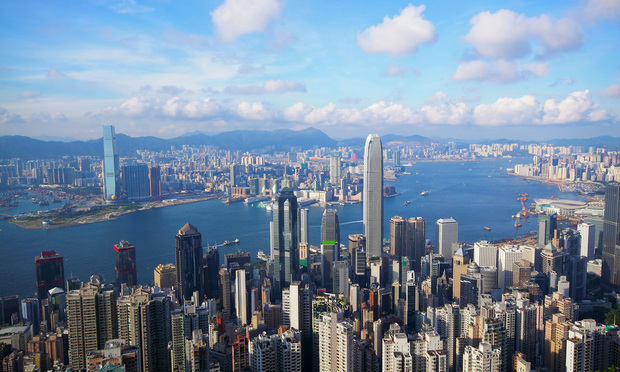In the News: Hong Kong Law; JPMorgan Futures Approval; and Huawei Standards
June 22, 2020 | BY
Vincent ChowXinhua reveals details of planned Hong Kong national security law; JPMorgan becomes first fully-owned futures business following CSRC approval; and U.S. companies allowed to work with Huawei on next-generation technology standards
China releases details of planned Hong Kong national security legislation
Beijing's involvement in Hong Kong's legal system will increase significantly with the imminent arrival of a national security law in





